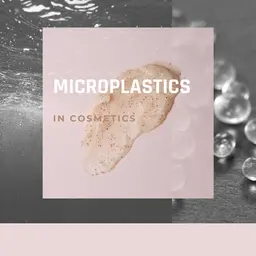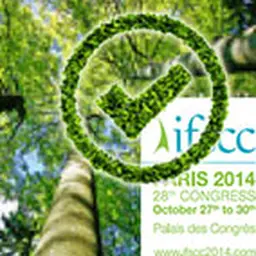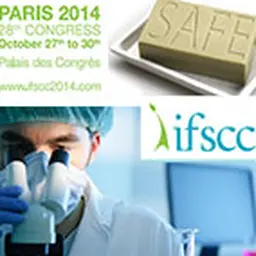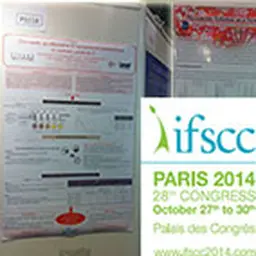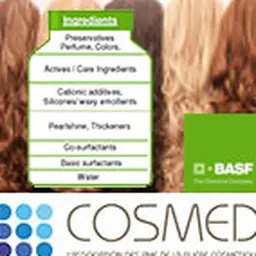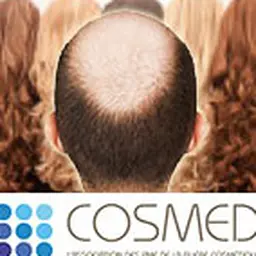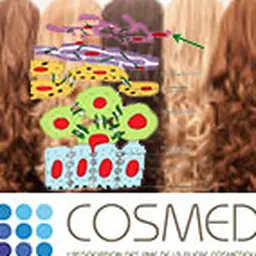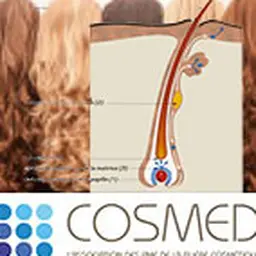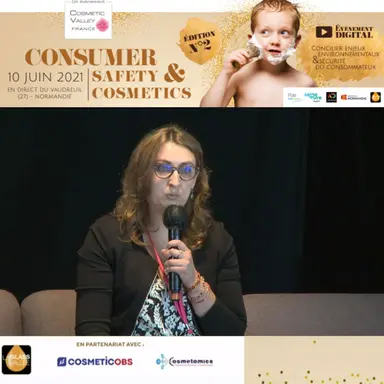
The pollution of aquatic environments by microplastics has become a major environmental concern, and the subject of the emergence of a whole series of restrictive regulations. For cosmetics manufacturers, the time has come to actively search for alternative ingredients capable of fulfilling the same functions, with the same efficiency, but in an environmentally responsible manner. During the “Consumer Safety & Cosmetics” conference, organised by Cosmetic Valley on 10 June 2021, Delphine Bertin, Ecotoxicology Manager at SEPPIC, presented the current state of play and the first advances in this field.
Plastic is the third most manufactured material in the world, after cement and steel, at 359 million tonnes in 2018, excluding rubber textiles. And production is expected to double by 2050…
This material was originally designed to be resistant and long-lasting, but 36% of production is dedicated to packaging, and 81% of plastics are no longer in circulation after one year. This results in the release of 10 to 20 million tonnes of plastic into the marine environment each year.
The result is global pollution from the poles to the equator and a very wide dispersion of microplastics around the world.
This pollution is both visible, when it comes to macroplastics, which are larger than 5 mm, and less visible, or even invisible, when it is caused by microplastics. It is estimated that around 11 million tonnes of microplastics are released into the environment each year.
They have two origins:
• Primary microplastics, which are intentionally added to products, account for 1 to 3 million tonnes per year
• Secondary microplastics, which are linked to the fragmentation of larger pieces of plastic through wear and tear associated with their use (as in the case of tyres), or which are derived …

